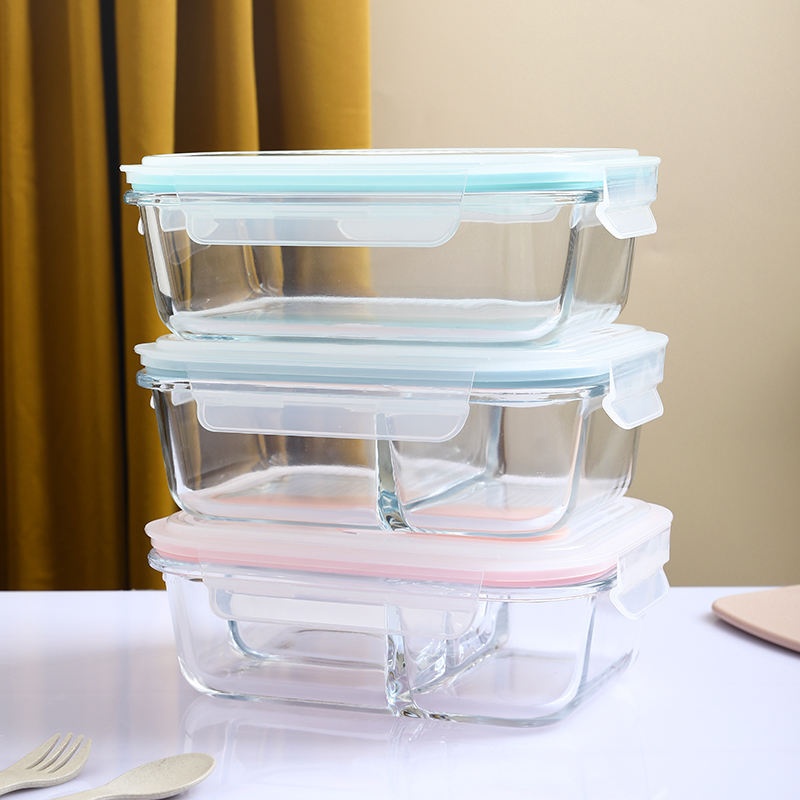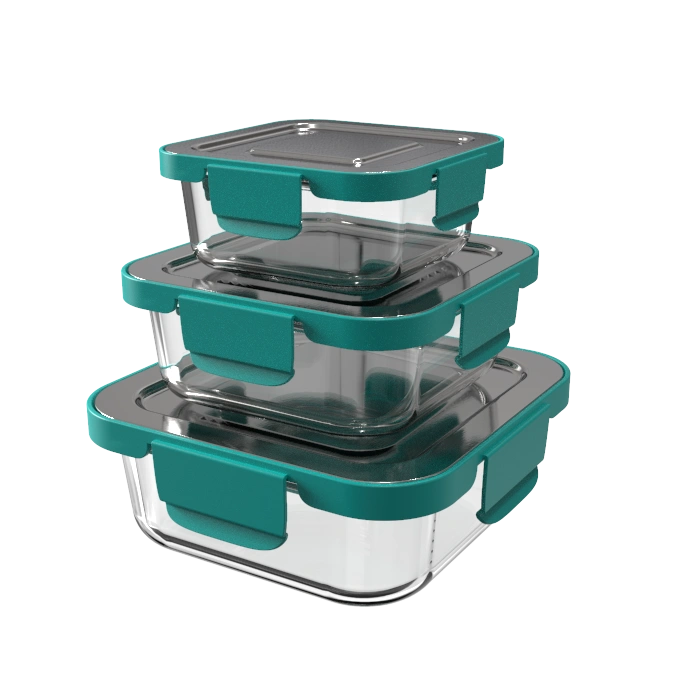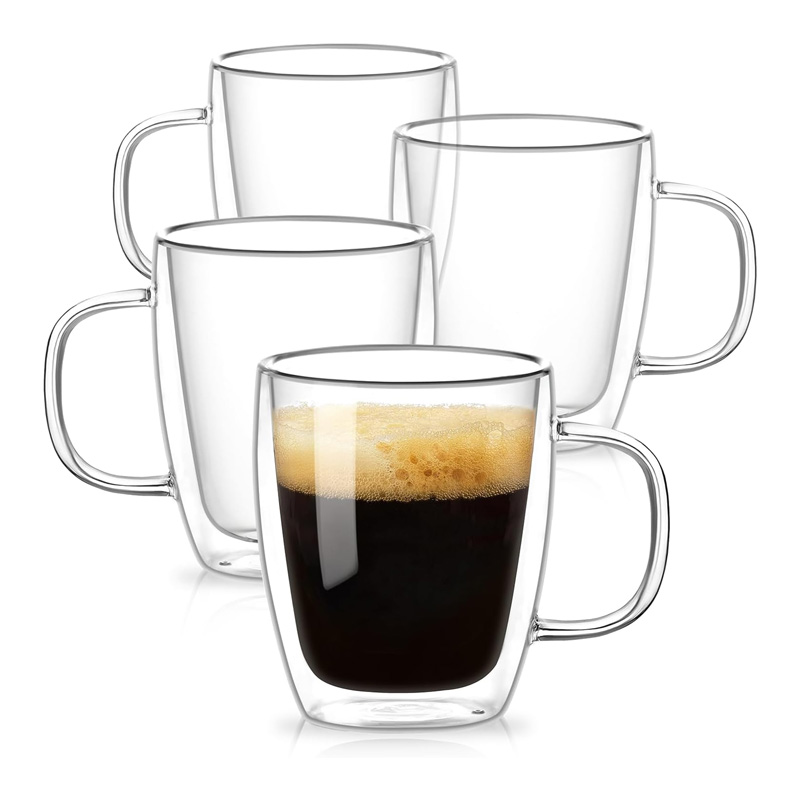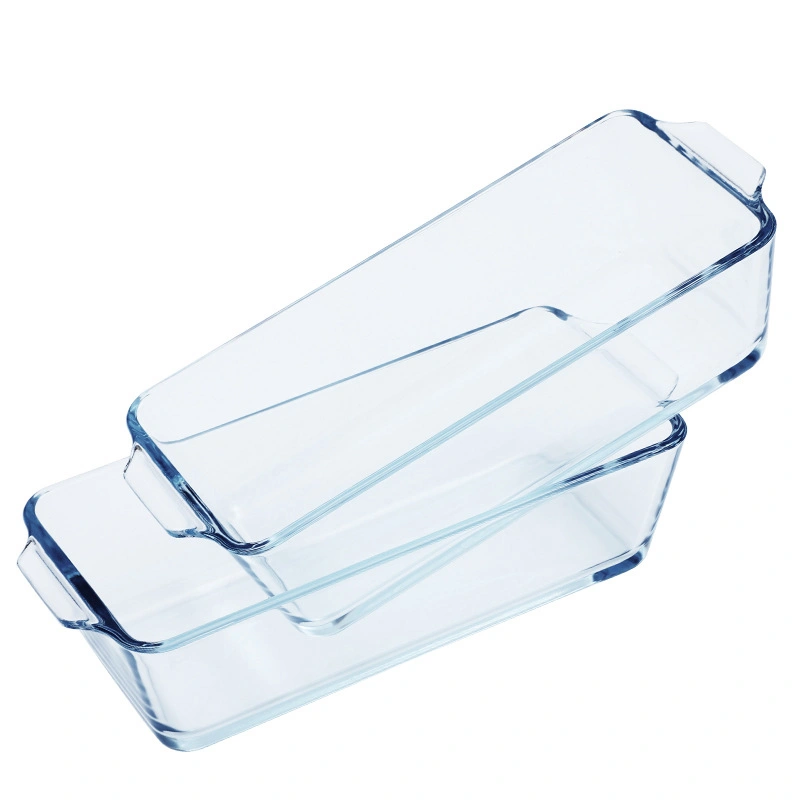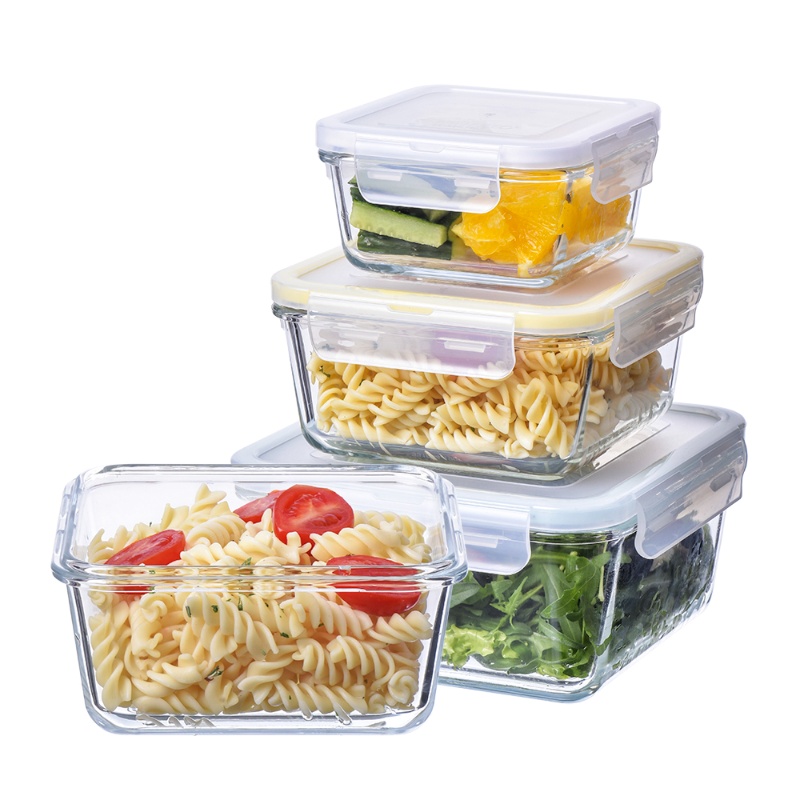Is Borosilicate Glass from China Safe?

Paul Ren
Hello! I’m Paul, the Senior Sales of Canzo Glassware. With 18 years of experience in the glassware industry, I’m excited to share some insights from our perspective as a China glassware manufacturer. Today, we’re diving into a common question: Is borosilicate glass from china safe?
Borosilicate glass is widely recognized for its durability and safety in both kitchen and laboratory environments. Its exceptional resistance to thermal shock and chemical corrosion makes it a popular choice for various applications. But what about borosilicate glass manufactured in China? The safety of these products largely depends on the manufacturer’s quality standards and whether they follow strict regulations.

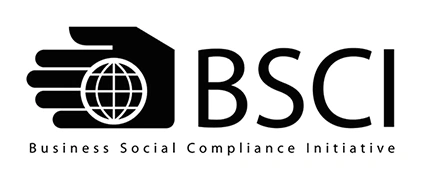
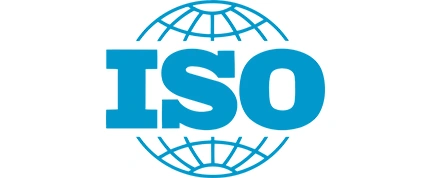


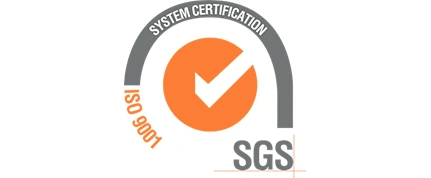
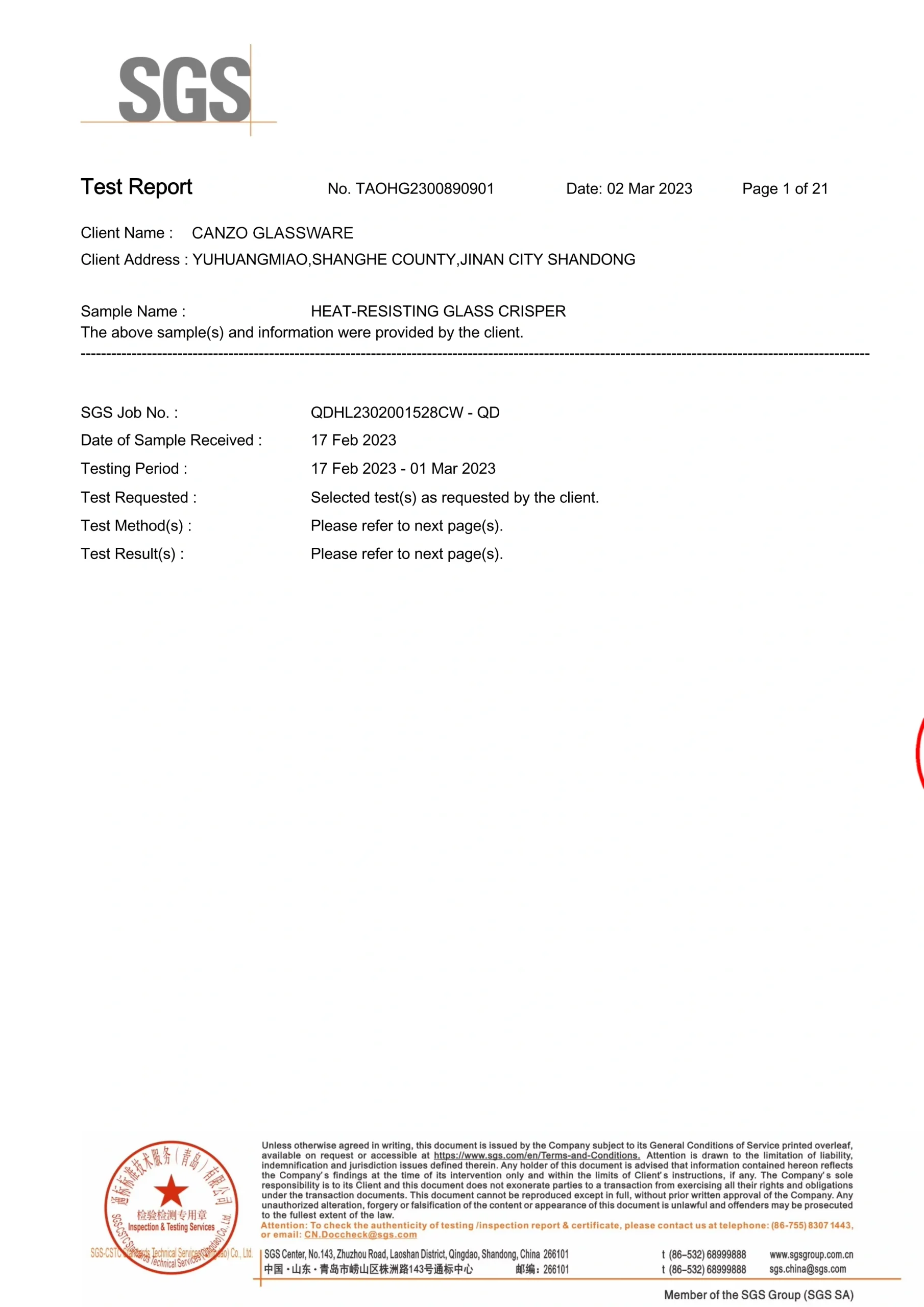
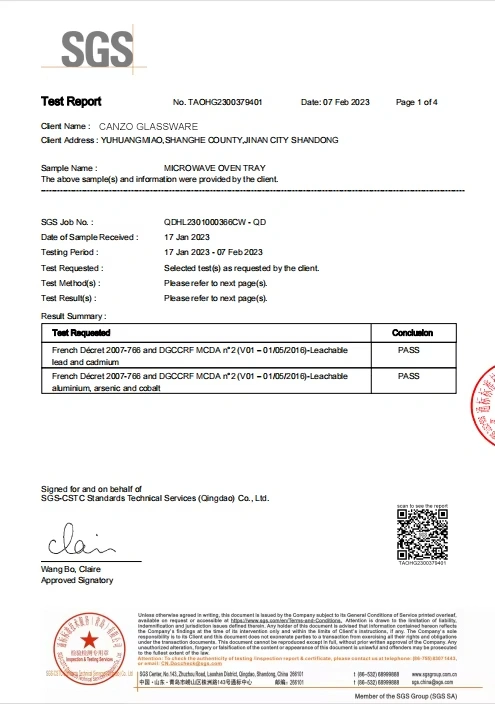
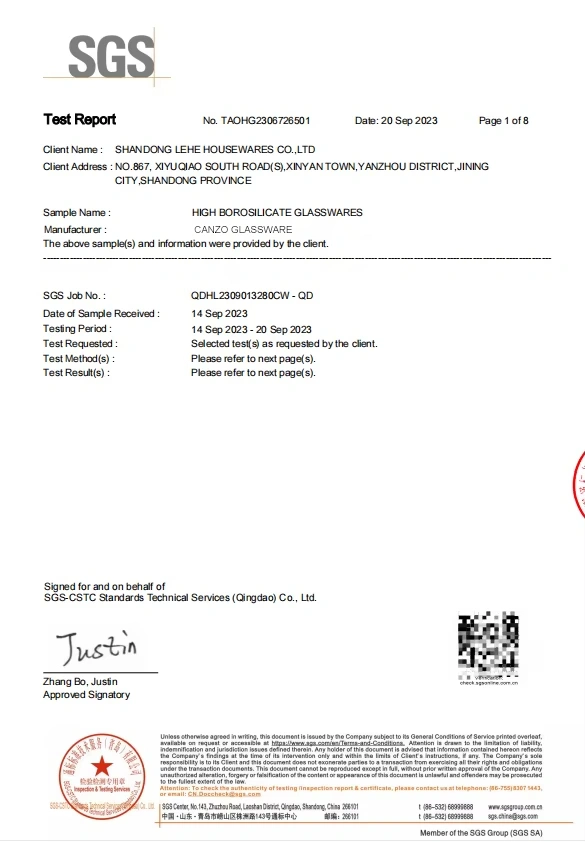
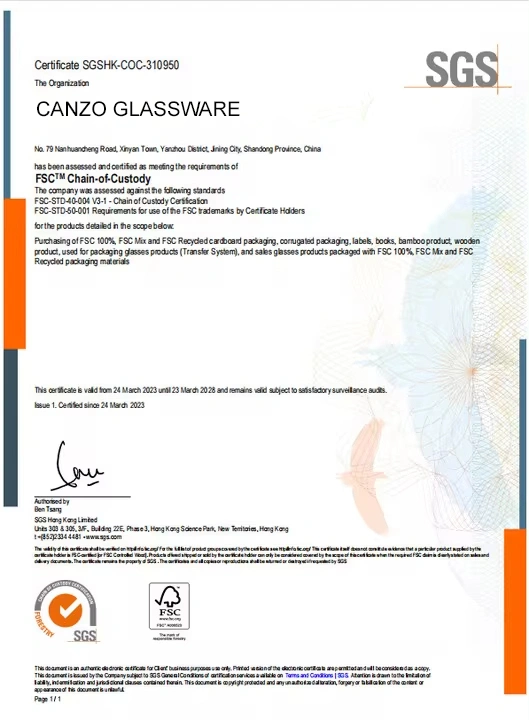
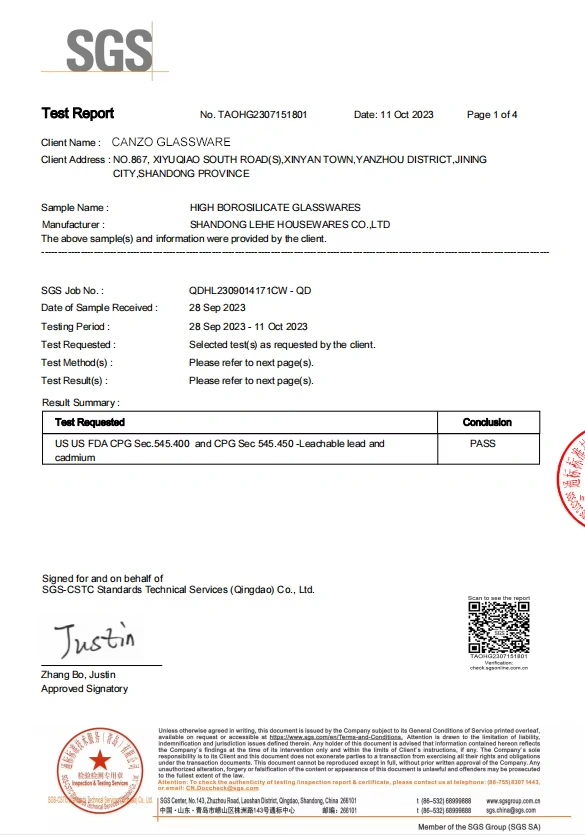
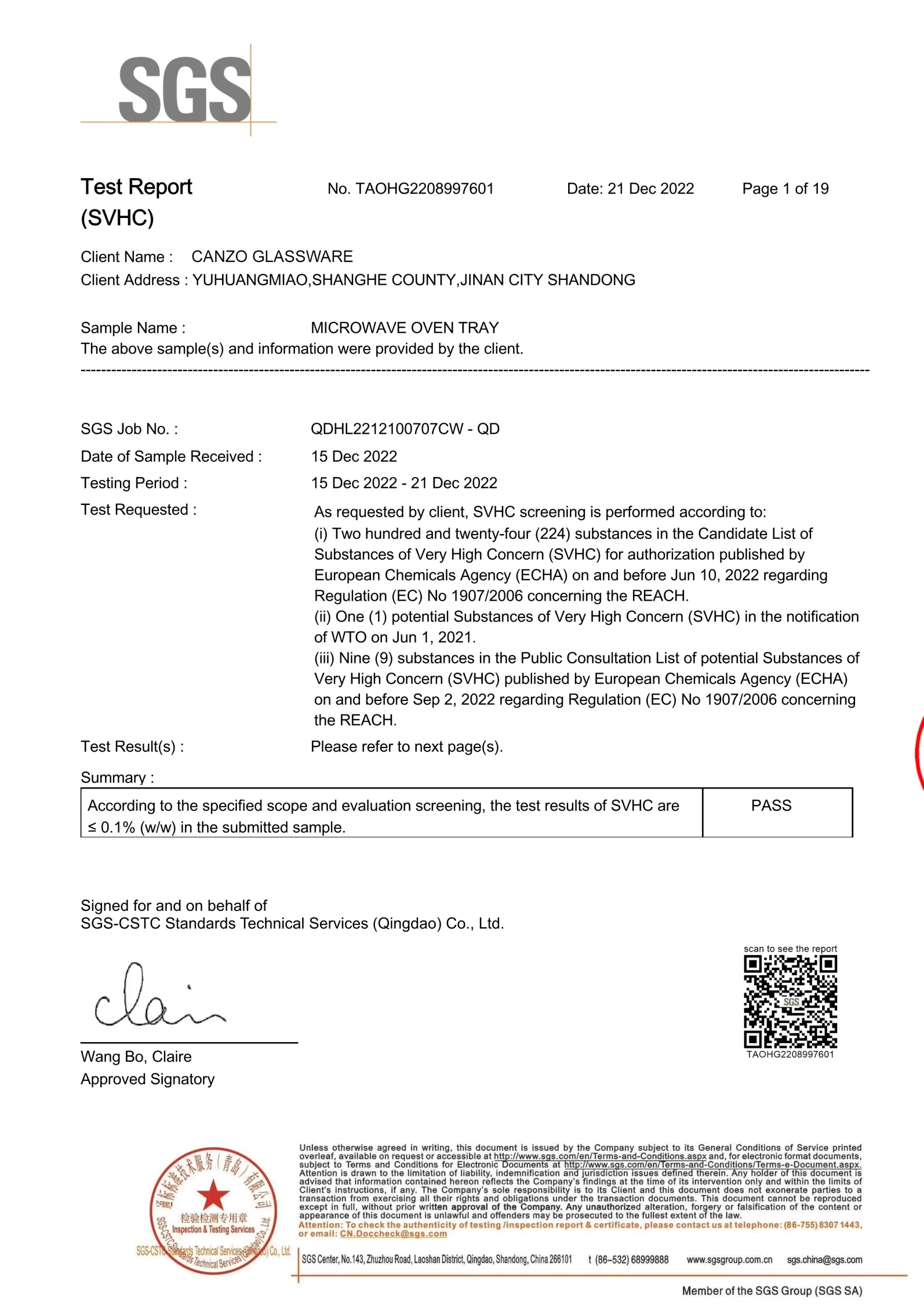
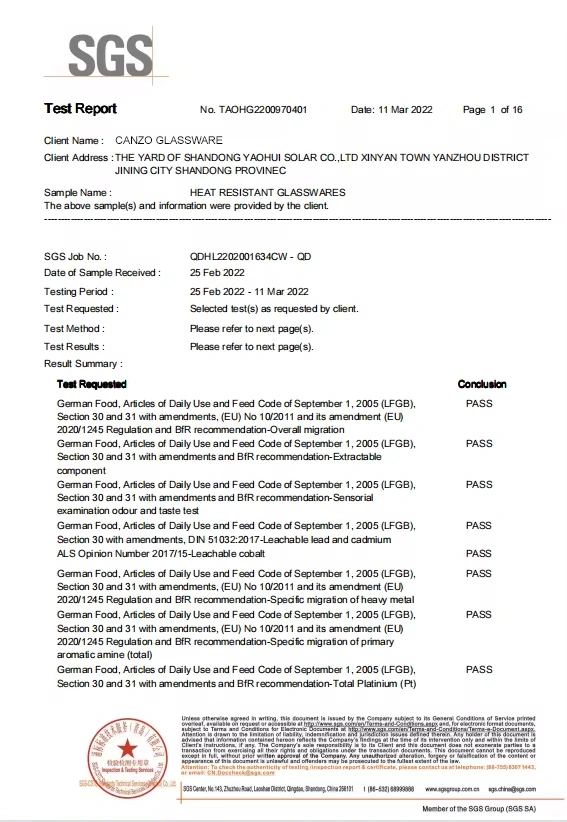


Certifications Matter
When purchasing borosilicate glass, it’s important to check for safety certifications from recognized authorities like the FDA or ISO. These certifications indicate that the glass has undergone testing to meet established safety standards. Without these certifications, it’s difficult to determine whether the product is truly safe for use.
Manufacturer Reputation is Key
Another crucial factor to consider is the reputation of the manufacturer. We recommend researching the company and looking for customer reviews. Manufacturers with a strong reputation for quality and safety are more likely to produce reliable and safe borosilicate glass products. Established brands with positive reviews are typically a safer bet.
Quality of Materials
Not all borosilicate glass is created equal. The quality of the materials used plays a significant role in ensuring the safety and durability of the product. High-quality borosilicate glass is designed to withstand high temperatures and resist chemical damage. However, lower-quality glass, even if labeled as borosilicate, might not offer the same level of safety, especially when exposed to extreme conditions.
Usage Guidelines
It’s essential to follow the manufacturer’s usage instructions closely. Even high-quality borosilicate glass can break if misused, such as when exposed to sudden temperature changes or used outside its recommended temperature range. By adhering to the product’s guidelines, you can ensure both the longevity and safety of your borosilicate glass items.
Watch for Potential Contaminants
Some low-cost glass products may contain impurities or harmful substances, such as lead or other toxic materials. We strongly recommend checking for any safety warnings or details on the product label regarding potential contaminants. It’s always better to invest in a product that guarantees it’s free from harmful substances.
Conclusion
In summary, borosilicate glass from China can be safe if you take the time to verify the product’s quality. Look for certifications, research the manufacturer’s reputation, and ensure the glass is made from high-quality materials. With a little due diligence, you can confidently choose borosilicate glassware that meets safety standards and performs well in your kitchen or lab.
Newest Blog
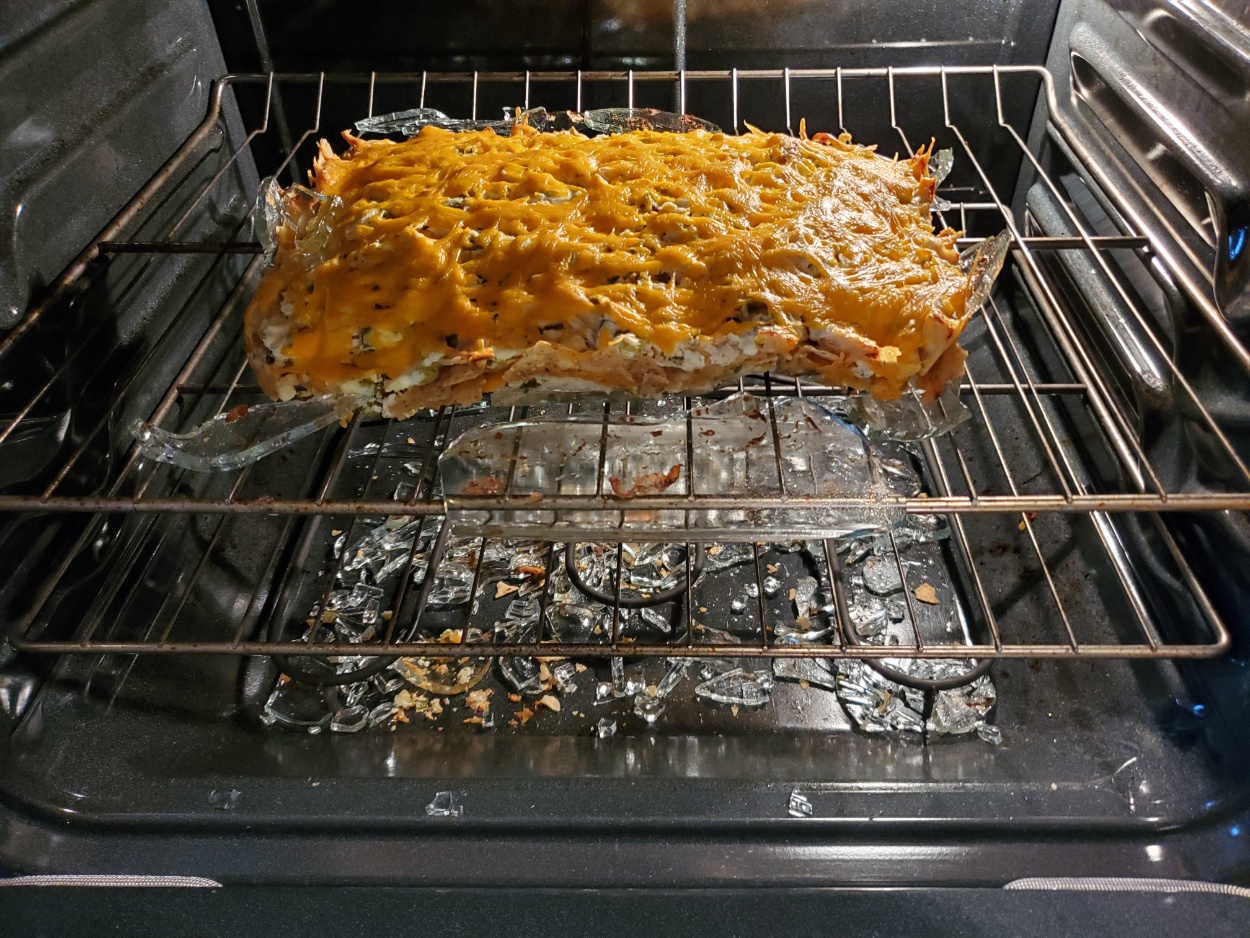
Is Glass Safe In The Oven?
Whether you’re a home cook or a business owner sourcing from a glass lunch box factory, understanding the nuances of oven-safe glass is crucial. We’ll explore the world of durable and reliable custom glass food container options, ensuring you make informed decisions.
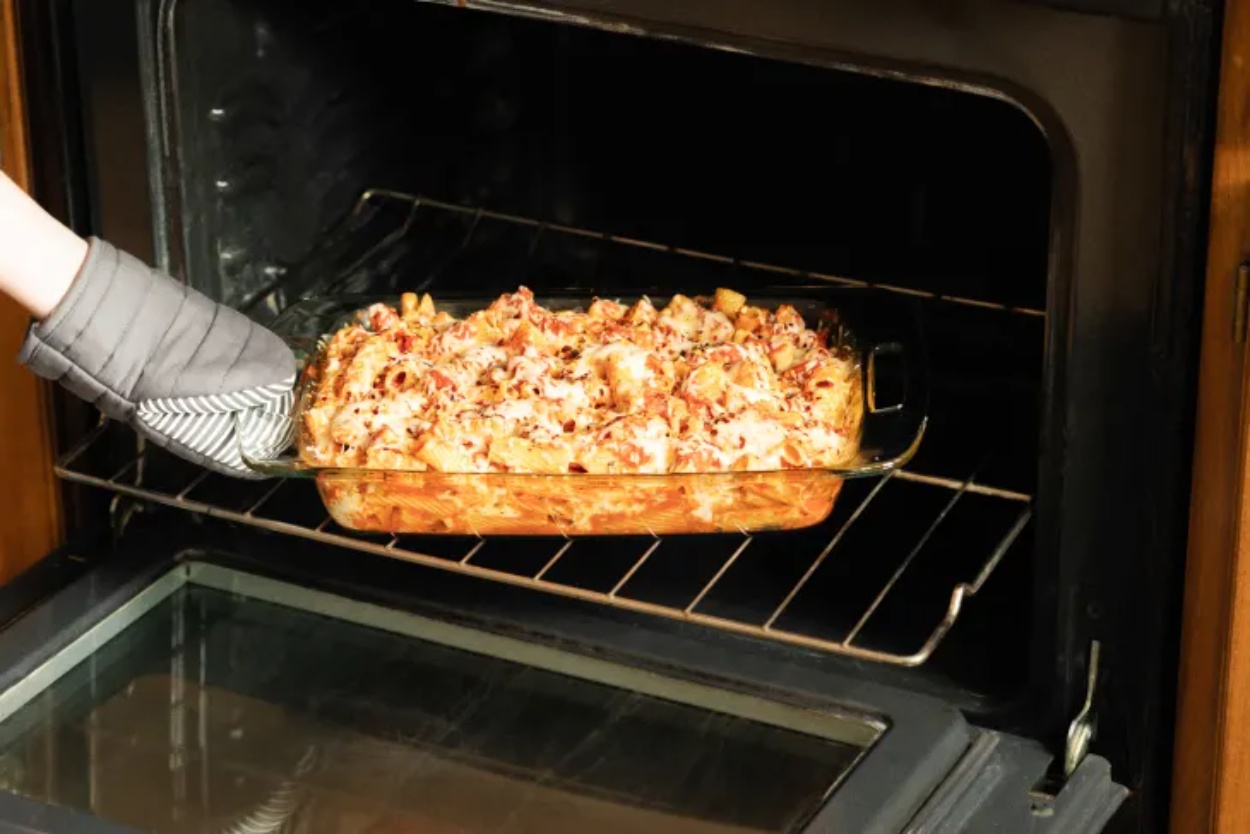
Can You Put Glass In The Oven?
We’ll explore why choosing the right type of glass, particularly from a reliable China glassware factory, is so important, especially if you’re looking for custom glass food storage containers or even a glass lunch box factory.
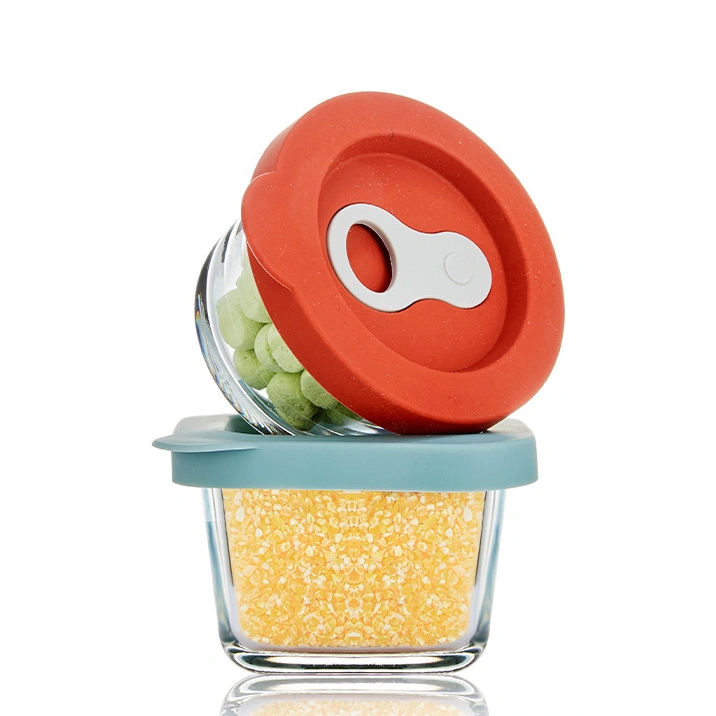
What To Do With Small Glass Containers?
From baby food meal prep, storing leftovers to organizing your craft supplies, small glass containers are super handy!

